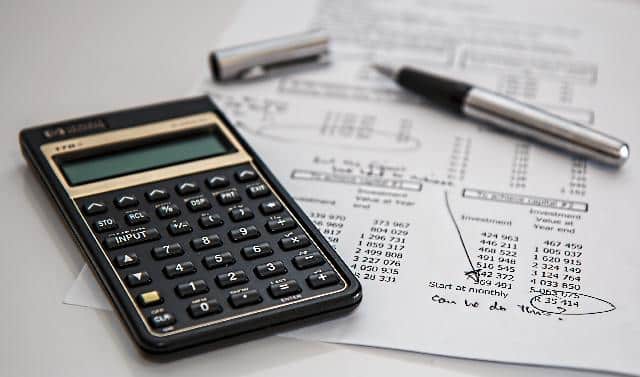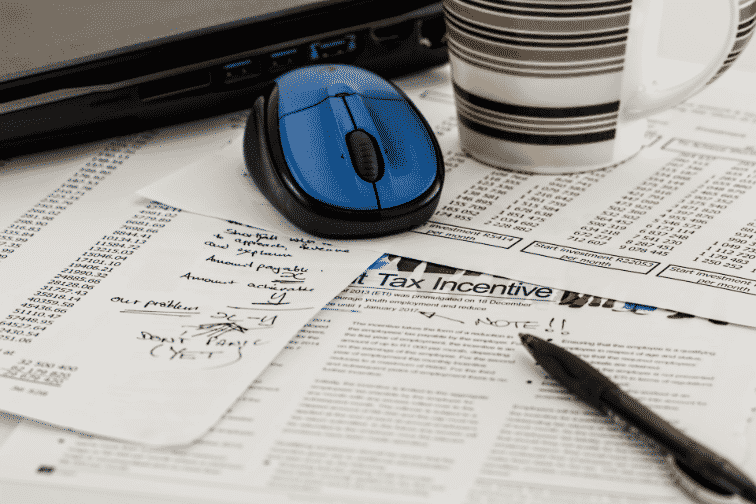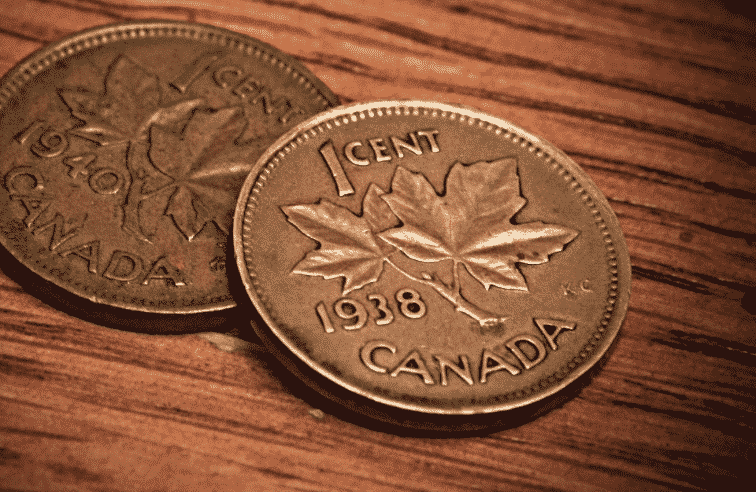How to Create a Budget with Irregular Income
Posted on: May 27, 2020Posted in Advice from Richard, Budgeting, Financial Advice | Comments Off on How to Create a Budget with Irregular Income

Following a budget can be challenging enough when you have a steady job that pays you a regular basic income, but can you imagine how extremely difficult it can be to create a budget with irregular income?
With a regular income, you can predict exactly how much money you’ll have coming in each and every month and you know exactly how much money you have to cover all your expenses. However, with an irregular monthly income, you have to contend with fluctuating income levels and commissions. It’s tough to plan when:
- You don’t know how much you’ll earn,
- You don’t know when you’ll get paid, and
- You don’t know how much you’ll make the following month.
This is a common scenario for people who are:
- Self-employed
- Freelancers
- Contractors
- Working on hourly rates like bartenders, waiters and waitresses, custodians
- Working on a commission basis like salespeople
- Have side gigs that change up their income every month
- When your income is reduced temporarily, for instance, because of COVID-19
If your income varies wildly depending on the day or season, here are some strategies to help you effectively budget.
Determine your baseline

Start by adding all the money that you are certain of for the month as income. This can be money you have coming in from your side hustle or business, plus unemployment benefits you may be receiving under the COVID-19 Emergency Response Act.
Your baseline is the minimum amount you want to focus on regardless of whether you make more or you earn less, for month by month. This is the amount you will work with to cover the bare minimum expenses you need to pay for on a monthly basis.
Track your monthly spending from previous months

The next thing to do is make a list of your spending and bills. This step is crucial to help you know what you absolutely need to earn monthly in order to pay your bills and get by.
Itemize each expense. For example:
Create a category for Necessities — essential, ongoing monthly expenses:
- Rent or mortgage
- Utility bills
- Food and groceries
- Medical bills
- Transportation and fuel and car maintenance
- Daycare
- Taxes
- Loans and debt repayments
- Savings, investments
Create another category for Discretionary Expenses:
- Cable/television bill
- Entertainment
- Expenses for fitness, sports or hobbies
- Take out or dining expenses
- Shopping for clothing, toiletries
During COVID-19, it may be easier to cut discretionary expenses completely. Expenses for dining out, entertainment and travel won’t be necessary due to social distancing measures. This means you may have more money to assign to debt repayments and savings for the month.
Allocate every penny

Once you’ve created your budget for necessities and added up your unnecessary expenses, you’ll know exactly how much money you need to make it through the month.
Expenses under the Necessities group are things that you couldn’t reasonably live without. So, more or less this amount is fixed. Those under the Discretionary group are the expenses that you’ll need to cut if you’re trying to make your budget fit your income.
The goal is to adjust your discretionary expenses until you’re back to living within your means.
Make sure you divide every income that comes into your necessities before anything else, otherwise you are going to run the risk of spending half of your income on discretionary items and not having enough left over for food and groceries.
Each month, repeat the process and make a new budget based on that month’s income and expenses, assigning each dollar in your budget to a particular expense.
Build your emergency fund
When you are living on an irregular income, it’s crucial to have ample savings to help fill in the gaps when bad months come along. Make sure to allocate a portion of your income into an emergency fund. If you are just starting out, it would be best to put any extra money that you may earn towards emergency savings first. Do this until you have at least three to six months of expenses on hand.

Create financial goals
If there is any extra money after expenses and emergency savings, make sure you carefully plan out what you’re going to do with it. Is it going towards paying off debt? Is it for savings for your children’s college education? Will it go towards your retirement savings? It’s important to set a goal for any excess money you may have so that you avoid the risk of blowing it.
A simple, stripped-down budget where you can see just your essential expenses, and nothing else, can be helpful in managing your spending if you have irregular income and also if you’ve experienced a job loss or if your income is reduced temporarily because of COVID-19. It can help you see exactly where every dollar is going each month and it can help you avoid unnecessary spending. When you budget with irregular income, every penny counts and there’s no room for money to slip through the cracks.
If you have trouble doing this and would like to discuss it we would be very happy to do so. Just call us at 1-888-545-5365 or email us at info@killen.ca.
If things have gotten troublesome with your debt situation, especially with this Covid-19 virus don’t hesitate to contact us for a telephone or Skype interview. We can help.










